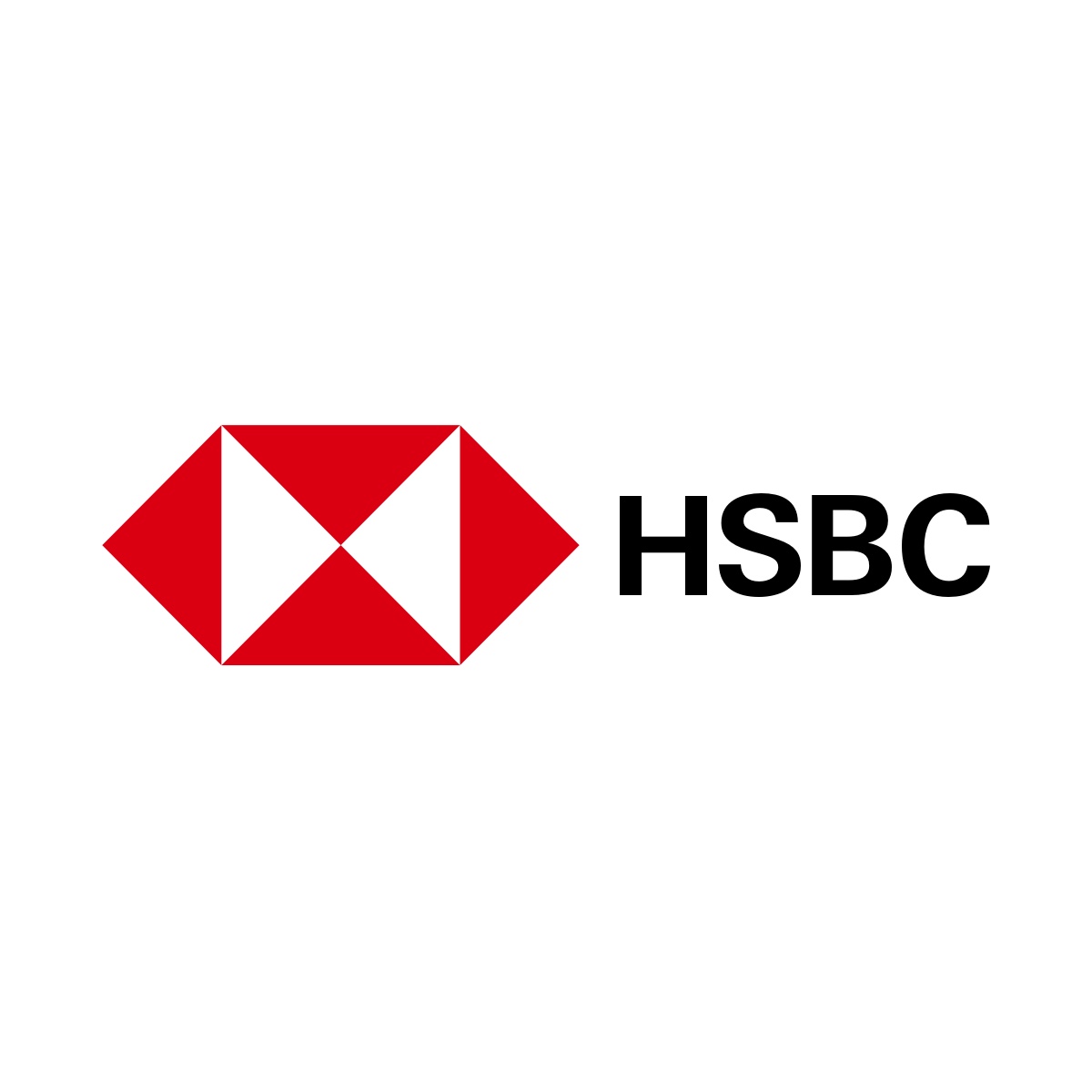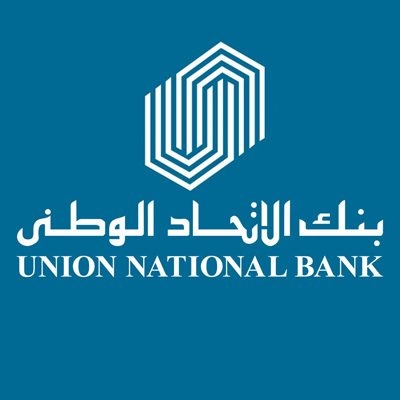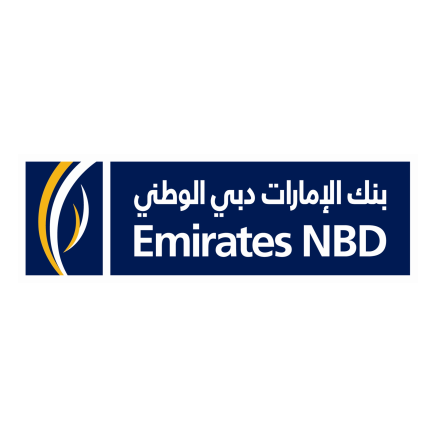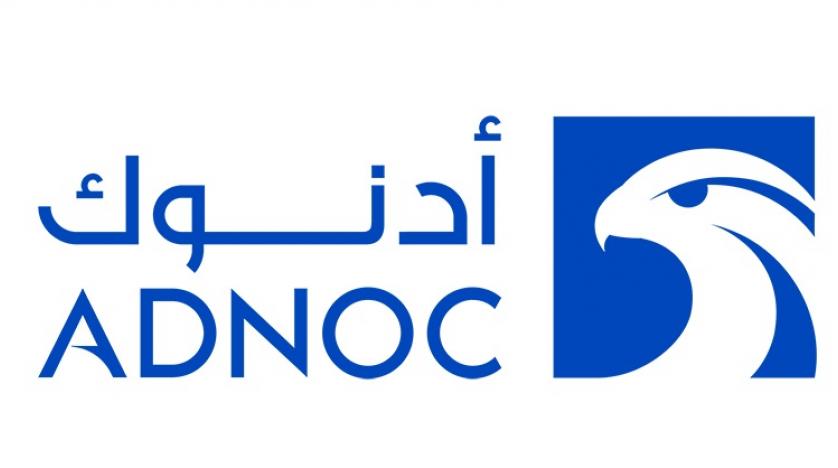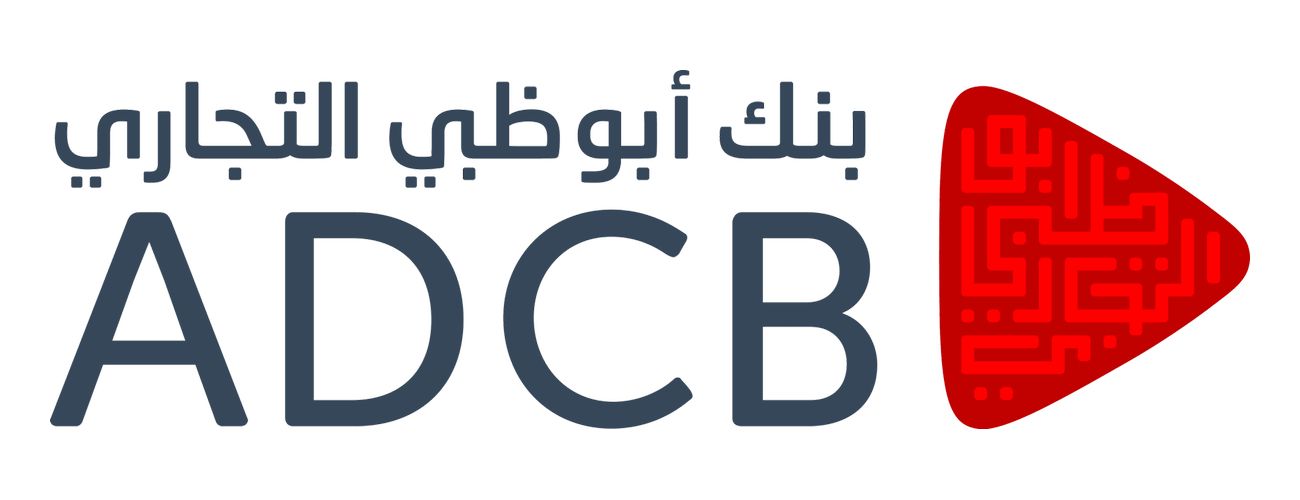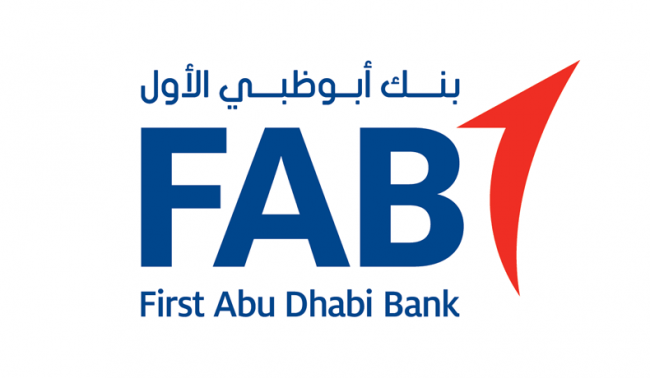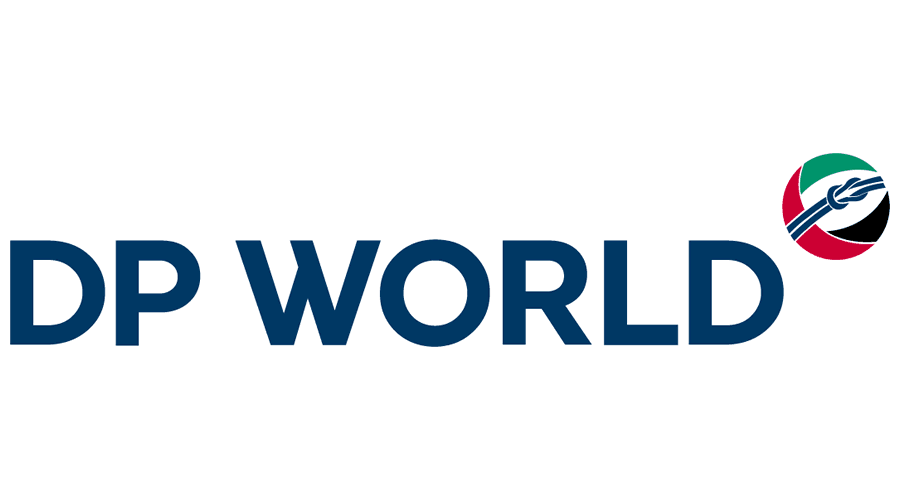
There are life-defining moments that can change the course of your existence, introducing you to new opportunities with prospects you never could have imagined for yourself. In 2008 when the market crashed, I was working as a senior-level executive for a real estate firm before they handed me the pink slip. I lived off my savings for months and had somehow managed to get a temp job when I came across a portal talking about coaching. One thing led to another, and before I realized it, I had enrolled myself in a certified professional coach program. It was destiny’s call, I guess, because I became a coach myself after a year and a half, and today I own successful practice by supporting people in transforming their lives for the better. Speaking from my personal experience, I will try to clear your doubts about coaching and what it entails.
What is coaching?
The International Coach Federation (ICF) defines coaching as a process where the coach partners with the client in a creative and thought-provoking session, invoking the inspiration to maximize the client’s professional and personal potential.
Who is a coach practitioner?
Coaches honor and respect client as an expert of his/her life and work, with the right amount of resources and creativeness to overcome any adversity. The role of a certified professional coach is to:
- Realize, simplify, and align with the client’s thoughts and aspirations
- Encourage and urge the client towards self-awareness and self-realization
- Provoke the solutions and strategies to mitigate the issues from the client
- Make sure to invoke responsibility and accountability in the client
Coaches help the clients improve their outlook on life and work while taking control of the same and unlocking the hidden potential through constant motivational support.
A coach may or may not be certified. Not every coach is certified. Hence, if you want to consult a professional coach, make sure he/she is a certified one.
What’s the difference between a coach and other professionals?
While back in the day, coaching was referred to as counseling, that idea and coinage changed as time passed. Today, coaching has created its own niche globally, a separate identity, distinguishing itself from sports coaching, counseling, training, and likewise. Let’s take a look at how it is different from the other professions:
- Consultation – While consultants diagnose the problem and offer mitigation solutions, coaching advances with the approach that individuals can solve their own problems. They just need the right support that the coach provides.
- Mentoring – A mentor offers guidance and wisdom that is based on their very own life experiences. It includes counseling and advising individuals, which is the complete opposite of what coaching does, supporting groups or individuals to reach their objectives on their own.
- Therapy – While therapy heals the dysfunction and pain, physical or psychological, in an individual, a group, or in a relationship, coaching focuses on people’s personal and professional growth stimulated self-initiated change to address the issues.
How to be a certified professional coach?
Getting coached by a certified professional is one aspect of improving your state of life. There is another way that you can achieve the same and create a professional foundation of your own, and that is by becoming a certified professional coach.
The first step is to enroll in an accredited training program under a reputed institute to become a certified professional. Depending on your professional background, experience, and interest, you can also choose a specialization training course. Another aspect that you should keep in mind is the accreditations of the course or programs.
International Coach Federation (ICF) is the largest non-profit organization globally, working towards advancing coaching. Apart from the ICF, European Mentoring and Coaching Council (EMCC) also exists to develop, promote, and set the expectation of best practices in mentoring and coaching across Europe and beyond society’s benefit. Center for Credentialing &Education (CCE) offers certification for individuals who wish to achieve Board Certified Coach (BCC) credential. Learn more on BCC here.
Each certification level is distinguishable through varied coach-specific training hours, assignments, fieldwork hours, and assessment.
Conclusion
Do you think you have what it takes to be a certified professional coach? Then Team Transformation has just the best courses for you, all accredited by the ICF. The provision of both classroom and online classes make for flexible timings, great for working individuals. Visit their website for more information on coach training programs.
